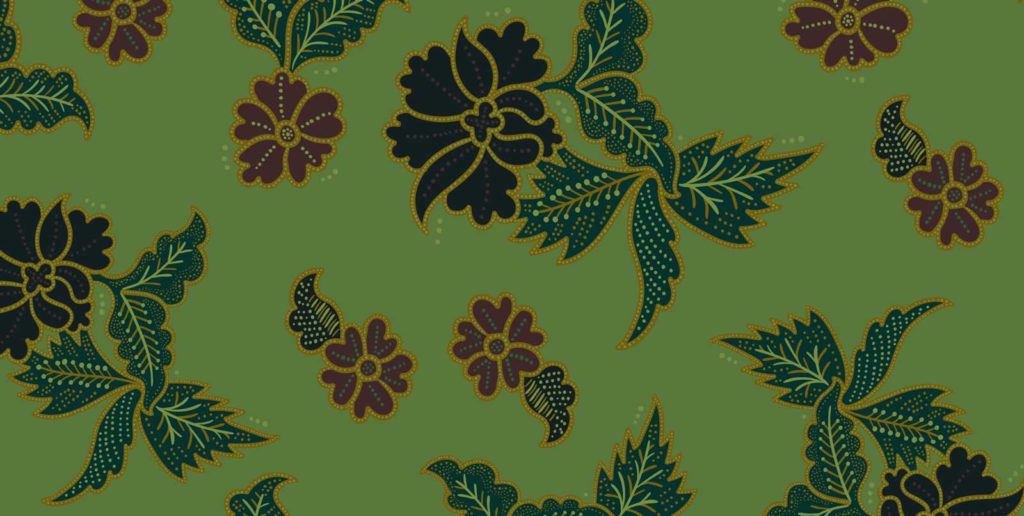The statement made by Dr Abdul Hamid Othman, the Minister in the Prime Minister’s Department (10 March 1996), on the implementation of the Domestic Violence Act (DVA) is most disturbing.
Women’s groups which had been involved for years in the negotiation for the DVA must be consulted in the current review of the law. We do not agree that there should be a separate DVA for Muslims under the Shari’ah system for the following reasons:
- While family matters for Muslims are under the jurisdiction of the Shari’ah Court, domestic violence is more than a family matter. It is a crime under the Penal Code.
The DVA is a criminal law and therefore comes under the federal jurisdiction of the general courts, under Article 74 of the Federal Constitution. As such, there is no conflict of jurisdiction between Civil and Shari’ah Courts.
- By stating that “a few things under syarak are not considered violent, but under the Act are considered violent”, Dr Hamid implies that Islam advocates violence in the family. We take strong exception to this as the Qur’an insistently talks about human dignity, justice and equality.
It talks about love and mercy in the relationship between men and women (Surah al-Rum, 30:21); that men and women are each other’s garments (Surah al-Baqarah, 2:187); that men and women are members, one of the other (Surah al-Imran, 3:195); that men and women are each other’s protecting friends and guardians (Surah al-Tawbah, 9:71).
To say that domestic violence is a crime for non-Muslims but not for Muslims makes a mockery of our religion and is a travesty of justice.
- All persons who commit an act of violence must be subjected to the same criminal law in this country, whether they are citizens or not, Muslims or not, or whether the crime has been committed against a stranger or a member of the family.
In the same manner that the Child Protection Act was passed by Parliament and implemented to apply to Muslims and non-Muslims, so should the DVA. In the same manner that the abuse of a child within the family is recognised as a crime, so should violence against women and other members of the family.
The victim must be protected, the perpetrator must be counselled and if found guilty, must be punished. Islam should not be used as an excuse to deny women access to justice. Neither should our religion continue to be misinterpreted to perpetuate and legitimise social structures and practices that oppress women and violate the true teachings of the Qur’an.
- Survivors of domestic violence must be provided with equal protection under one law. Since Islamic family law comes under state jurisdiction, any protection or remedies provided under the Shari’ah could be inconsistent in the provisions of the law, in interpretation and in implementation, state by state.
In effect there will be 14 different laws for Muslims, if at all, the 13 states and the Federal Territory chose to enact such laws. This will lead to inconsistency as is already evident in the implementation of Islamic Family Law where (for example), in cases of polygamy, some states require the permission of the first wife while other states do not.
In practice, this has enabled Muslims to take advantage of the most convenient law for personal gain.
Moreover, what remedies do Muslim victims of domestic violence have should a State Legislative Assembly decide not to enact a DVA?
Sisters in Islam has been a part of the Joint Action Group Against Violence Against Women (JAG), which for five long years was involved in the negotiation for the present DVA.
Pusat Islam (the Islamic Centre), together with other government departments, were represented throughout this process which began in August 1989. All the issues raised above had been meticulously considered and final consensus, albeit an unsatisfactory one as far as JAG was concerned, was reached in 1994.
JAG made numerous concessions in order to make this Act acceptable to all, including the religious authorities. Issues that could be construed as coming under Shari’ah jurisdiction, such as interim maintenance, custody and interim allowance were excluded from the final Act.
On 22 March 1994, two months before the DVA was passed by Parliament, Sisters in Islam, on behalf of JAG, met with Dr Hamid, then a Deputy Minister in the Prime Minister’s Department. He assured us that the provisions of the proposed Domestic Violence bill were not in conflict with the Shari’ah and that Pusat Islam had no objections to the bill being applicable to Malaysian Muslims.
We strongly believe that Muslim women, men and children should not be denied the same protection and remedies for domestic violence as granted to their non-Muslim fellow citizens. The Government must exercise its political will to implement a law that has been passed by Parliament almost two years ago and that had gone through five years of consultation among all interested and concerned parties.
The regulations for the implementation of the law have already been prepared by the Attorney-General’s chambers. The clarifications to those in doubt have been given. What is now needed is for the Minister of National Unity and Social Development to appoint the date of commencement for the Act to be enforced.
In Islam, righteous words must be accompanied by righteous deeds. It is inconsistent for the Government to preach about family values and a caring society, if in action, it denies Muslim women and children the right to live in a home free from violence. This right must be protected and promoted by the Government.
Women, children and other victims of domestic violence in this country should not have to wait any longer to benefit from the provisions of the DVA.
Sisters in Islam
Kuala Lumpur
18 March 1996
This letter was published in The New Straits Times, The Star and Utusan Malaysia.
